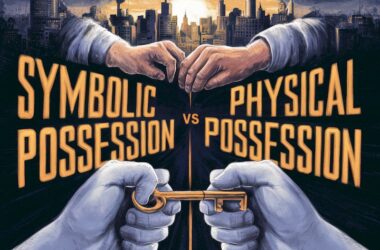 By Dr Sanjay Chaturvedi, LLB, PhD
By Dr Sanjay Chaturvedi, LLB, PhD
In the recent past, many celebrity like Sachin Tendulkar, Shahrukh Khan, Anil Kapoor and many others have endorsed real estate projects. Ministry of Consumer Affairs has received a recommendation from a parliamentary panel to this effect. The ministry has accepted the recommendations to impose stringent accountability on celebrities for endorsing projects and for misleading advertisements. There are stringent provisions in Real Estate Regulation and Development Act.
Following a nod to the proposed official amendments by the Consumer Affairs Ministry, a draft Cabinet note was moved, and the Law Ministry has cleared significant changes in the existing legal regime to make celebrities liable for such advertisements. The changes are expected to be cleared in a Cabinet meeting in the coming week.
Section 17 of the revised consumer protection Bill defines “endorsement” as any message, verbal statement or any other form of depiction to show a celebrity’s “likeness” for a product, which leads the consumer to believe that it reflects the celebrity’s opinion, finding or experience.
The Parliamentary Committee on Food, Consumer Affairs and Public Distribution, chaired by Shri J C Divakar Reddy of Telugu Desam Party, had in its report in April suggested an unambiguous definition of the term “endorsement” in the new law. The legislative department of the Law Ministry has, therefore, defined the term “endorsement” and also “endorser” as including individual, group or any institution.
Section 75B of the new proposed Bill seeks to make any “false or misleading” endorsement which is “prejudicial to the interest of any consumer” a penal offence, punishable with a jail term of up to two years and a fine of Rs 10 lakh for the first such offence, and imprisonment of five years along with a fine of Rs 50 lakh for the second and subsequent offences.
According to the new Bill, the onus would be on celebrity brand ambassadors to prove their innocence. “It is a defense if it is proved that the endorser took all reasonable precautions and exercised all due diligence before endorsing a product or service, but mistaken belief shall not be a defense,” states the Law Ministry draft of the new law.
The proposed amendments also lay down a mechanism to prosecute celebrities, stating a court shall take cognizance of offences regarding false and misleading advertisements only after a complaint is made by the Central Consumer Protection Authority (CCPA), a new executive agency that shall be established to fill “an institutional void in the regulatory regime extant.
This agency would have the authority to settle the first offence by celebrities on payment of a compounding fee, but the brand ambassador shall be exonerated only if the trial court accepts the settlement.
While ascertaining the compounding fee, the agency would be taking into account the gross revenue from sales due to the misleading advertisement, impact of the violation with respect to the audience it affected, frequency and duration of the violation, and the vulnerability of the class of people so affected.






